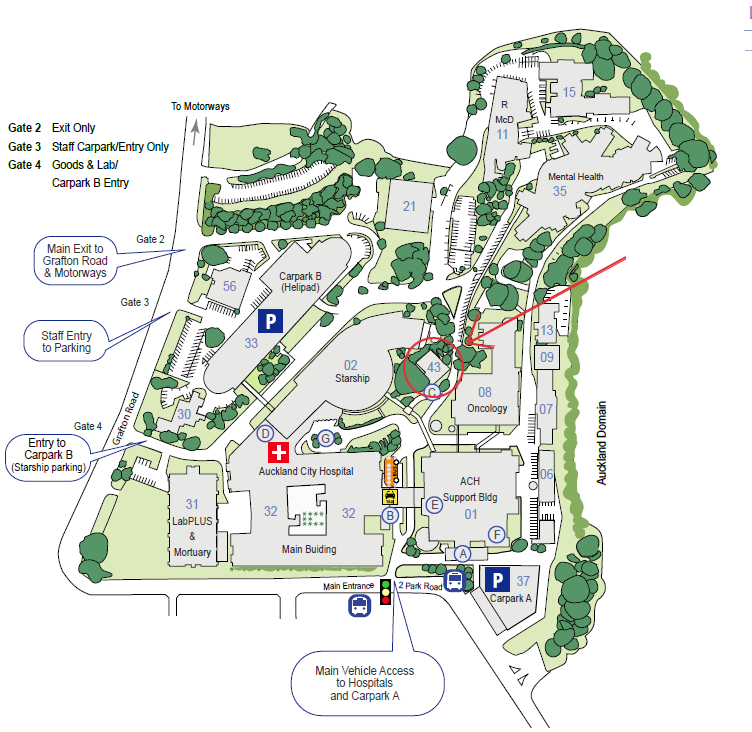Title
'What can osteoarchaeology tell us about the past?'Presented by
Shirley WallaceAbstract
What can osteoarchaeology tell us about the past?
Archaeology is the study of human history and prehistory through the excavation of sites and the analysis of artefacts and other physical remains. With the study of the human remains we can tell a greater story of the people who lived in the sites, made the artefacts and changed the landscapes.
Burials or cremation sites can allow us to look at religious beliefs, burial practises including grave goods or coffins/cists/shrouds internments.
Osteological examination of the bones can reveal diseases individuals suffered which leave markers on the bones, ancestral affiliation, childhood illnesses, age of the individual at death, past diet information, and medical interventions.
They can also be used to date remains using C14, isotope analysis for region of origin, ancient DNA for ancestral groupings, DNA/RNA testing for past infective or parasitic diseases.
Modification of bone can also reveal possible cause of death, interference with the body after death, signs of cannibalism and use of human bone as a resource.
Biography
Dr Shirley Wallace
Born in Warkworth, New Zealand and brought up on the North Shore of Auckland, attending Westlake Girls’ High School.
Started Medical School in 1978 at the University of Auckland.
Married to Ken in 2nd year of degree (now 41 years married!).
First medical student to take maternity leave from the Auckland Medical School in 1981 after my first baby. Further children in 1986, 1987 (twins) and 1989.
BHB: 1981, MBChB: 1985, Diploma O&G: 1987, FRNZCGP 2005.
Worked for Family Planning 1986-1990, Owned and worked in General Practice 1987-2010 specialising in GP obstetrics with over 2000 babies delivered.
Graduate Diploma in Arts (Archaeology): 2007 at the University of Auckland
BA Honours (Biological Anthropology): 2009 at the University of Auckland
MA (Biological Anthropology): 2011 University of Auckland
Working as Consultant Osteoarchaeologist since 2012 and part-time as Family Planning clinic doctor until present. Also, just started working as Skin Cancer GPSI in Whangarei where we now live and undertaking further study in this field of medicine.
Title
Fifty years of rubella vaccination: celebrating success and the potential for international disease eradicationPresented by
Nikki TurnerAbstract
Fifty years of rubella vaccination: celebrating success and the potential for international disease eradication
Immunisation: With the exception of safe water, no other modality, not even antibiotics, has had such a major effect on mortality reduction
The role of vaccination programmes internationally in preventing death and disability has been astounding and the potential for even further disease prevention is clear. Rubella was initially described in the late 18th Century as a mild disease on childhood. However not until 1941 was it recognised as the cause of a condition causing severe congenital defects in the fetus. Scientific progress enabled the isolation of the virus in 1962 which led to the development of highly effective vaccines, first licensed in 1969/1970. The resultant disease control, and ultimately elimination of the virus in New Zealand and many other countries is a testament to the power of the incredible vaccine. The world is now moving towards full eradication of this virus. This presentation will focus on this story, the history and the way forward. The story of rubella gives hope for future directions with vaccines in our current climate with the COVID-19 pandemic.
Biography
Dr Nikki Turner
Dr Nikki Turner is an academic general practitioner. She is an Honorary Professor and the Director of the Immunisation Advisory Centre at the University of Auckland and works part time as a general practitioner in Wellington. Nikki was born in Waiuku, early life in rural Taranaki, then later schooling and University in Auckland. As a young doctor she obtained further Paediatric, Obstetric and general practice experience and worked in Namibia followed by the UK. On returning to NZ she was involved in setting up the new Maori health primary care service, Wai Health, for Te Whanau O Waipareira Trust in West Auckland. She moved from there to set up the general practice based at the Auckland City Mission, the Calder Centre before moving to Wellington nine years ago. Alongside her general practice work she returned to academia and over 20 years has developed and evolved the Immunisation Advisory Centre which runs national coordination, promotion, education and training and translational research for the NZ immunisation programme. She has also been involved in international immunisation policy and academia, most recently with membership of the WHO committee called SAGE and chairing the measles and rubella subcommittee of SAGE. Alongside preventive health issues, Nikki has a strong interest in inequity and poverty and is an executive member of the Child Poverty Action Group.



